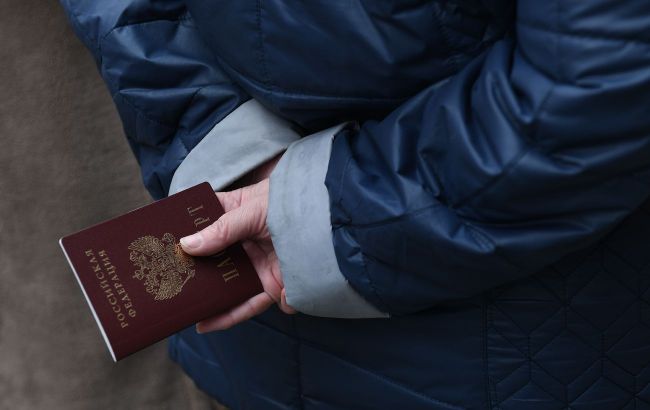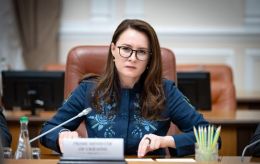Russians leave Turkiye due to issues with residency legalization - Reuters
 Illustrative photo (GettyImages)
Illustrative photo (GettyImages)
Thousands of Russians who fled to Turkiye following Russia's invasion of Ukraine have relocated to other countries in the past year due to difficulties obtaining residency permits, high prices, and challenges accessing banking services due to sanctions, reports Reuters.
This month, the number of Russians with residency permits in Turkiye has dropped to 96,000, a third less compared to the 154,000 at the end of 2022, according to official data.
Russian citizens have been complaining about difficulties in obtaining residency permits since the beginning of 2023. In conversations with the agency, they reported that obtaining a permit now costs around $2000.
The rapid increase in expenses is also cited as a reason for relocation - inflation in Turkiye reached 70% last month. Additionally, Russian citizens are facing difficulties in accessing basic banking services in Turkiye due to the impact of sanctions.
Turkiye's migration authority stated that all rejected residency permit applications include explanations in the applicants' native language according to the laws and that applicants can freely utilize legal means of recourse.
Mass exodus of Russian citizens from the country
The mass exodus of Russian citizens from Russia began after Russian President Vladimir Putin declared mobilization for war against Ukraine in September 2022.
The Kremlin has not disclosed any data on the exodus, but the Danish Refugee Council's Mixed Migration Center says that around 800,000 Russian citizens have moved abroad since the invasion of Ukraine.
Russian citizens in Turkiye
Turkiye, which maintains warm relations with both Moscow and Kyiv, has retained a visa-free regime for Russians and has not joined the West's sanctions against Russia.
Former Turkish Foreign Minister Mevlut Cavusoglu stated that Russian oligarchs and their yachts are welcome, but they must abide by international law to conduct business.
Data from the Trade Registry Gazette shows that the number of companies with Russian capital formed decreased to 68 in 2023 from 140 in 2022.
Biriz Karacay, a political science professor at Istanbul Trade University, says Russian migrants are moving to Serbia, Montenegro, and even countries in Latin America such as Argentina and Brazil.
"Economically, socially, culturally they feel close to Turkiye, but Turkiye does not want to have too many foreigners now. Economic problems also force them to suffer in Turkiye," she said.
Recently, the Mass Media Institute reported that the Russian Federation is enticing migrants, as well as its citizens, to the frontlines to fight against Ukraine by promising fake job opportunities. They are promised fake contracts with a one-time payment of 405,000 rubles (around $4,400).

